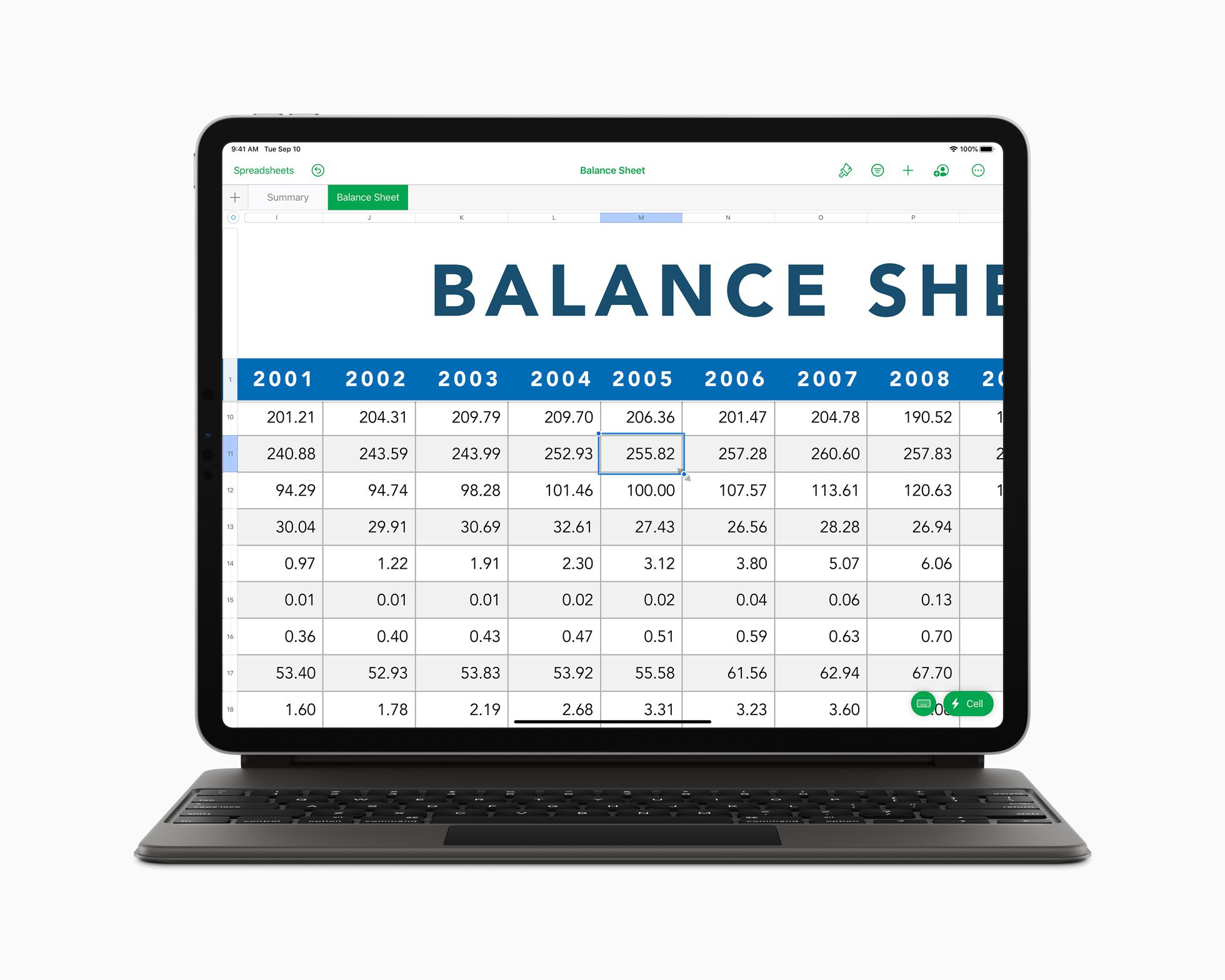How is Blockchain valuable technology for users?
No matter how small or large, every business engages in a complex process: sourcing materials from suppliers and manufacturing the product for distribution to stores, creating value for their customers. Check websites like https://trustpedia.io/trading-robots/ to utilize the best trading strategies to make your bitcoin trades profitable. To achieve high customer satisfaction and long-term success, each of these tasks needs optimal implementation and management.
The use of blockchain technology has provided an auditable trail of ownership for everything from where your coffee beans are sourced to the current cost and value associated with that product at the end consumer level.
Blockchain is a distributed ledger that supports immutable data sharing among peers with access rights at all levels within supply chains. By using this technology, companies can reduce costs while improving efficiency across their entire business.
With the emergence of blockchain technology, many industries have begun to look at ways to use it for specific purposes. Multiple groups are looking at how they can use Blockchain as a superior alternative to existing systems within their businesses. One such group is the supply chain management group within the banking industry.
The Banking Industry: A Behind-the-Scenes Supply Chain Management Solution
Supply chains in the banking industry are becoming more complex as the utilization of technology, for both the commercial and personal sectors, increases each year. It isn’t uncommon for a bank to have a global supply chain encompassing millions of products and services. However, the seamless nature of banking supply chains often goes unnoticed while they grow in complexity yearly. Blockchain has the potential to provide an efficient and secure way to get information from one location to another.
Most companies, especially financial institutions, oversee each aspect of the supply chain process. These teams often have dedicated staff members with specific responsibilities for managing stages within the process. For example, these teams ensure that information about orders is recorded and transferred appropriately at each stage until your product reaches you as a customer or client. With Blockchain, this supply chain process could be simplified.
Blockchain Technology: Useful for Logistics and Supply Chain Teams
Having a central place for all the data critical to supply chain management can benefit all participants. This idea of a central data registry is well known to those familiar with blockchain technology. Many believe that storage systems such as Blockchain genuinely do have the potential to be used in logistics and supply chain scenarios. However, it isn’t widely adopted yet.
Many obstacles are associated with using Blockchain as a centralized management tool within an existing system, but the technology seems to be countering these challenges with grace.
Uses of Blockchain in different industries:
1. Blockchain-Based Product Trading:
The use of blockchain technology in the supply chain allows you to trace information about your product through its lifecycle. The ability to track your products along their journey is essential for both the manufacturer and the end user, allowing for an efficient, auditable, and tamper-proof system.
For example, a milk producer could embed a serial number into each package of milk to ensure that every unit has a unique ID. This system would allow them to track every step, from milk production to delivery. In addition, this method enables producers to share data about their products with all relevant participants in their supply chain.
2. Blockchain in health care:
Health care companies often have a big supply chain that involves multiple stakeholders requiring a lot of data to be processed and disseminated. Blockchain technology has the potential to facilitate this process and help streamline business operations; data processing is more efficient, accurate, and secure with blockchain technology.
3. Traceability:
One of the most apparent benefits of blockchain technology involves ensuring the quality of your product, which people can achieve by tracking and tracing its movement through the supply chain. This ability to trace where your products are made or sourced from provides accurate information about your items’ quality. If your shipments are held up along this chain, you’ll know as soon as possible that there is an issue with your delivery.
4. Blockchain in Insurance:
Insurance companies use various methods to manage risk, including ensuring that their customers get the best possible value. At the same time, they protect them from the financial risks associated with the consequences of an accident or loss.
Blockchain technology has several advantages that industries can use to streamline and improve this process. For example, the software can easily log relevant data points associated with each individual event
for every step in a policy claim and subsequent communications about the case.
In many industries, business is conducted over long distances with multiple parties involved in various stages of the transaction chain and produced products made at various chains. Therefore, blockchain can be extremely useful in such businesses.
Attributes of Blockchain:
1. Tamper proof:
The technology is impenetrable to hackers and fully verifiable by all parties involved in a transaction.
2. Immutable:
Blockchain records cannot be altered or deleted, making it impossible to forge data. In addition, the records are permanent, which means no one can alter them; thus, the integrity of the records can be verified by authorities at any given time. 3. Transparency:
3. Decentralized:
The Blockchain is not controlled by one party and can be used by all stakeholders simultaneously without permission or interference from any of them.




